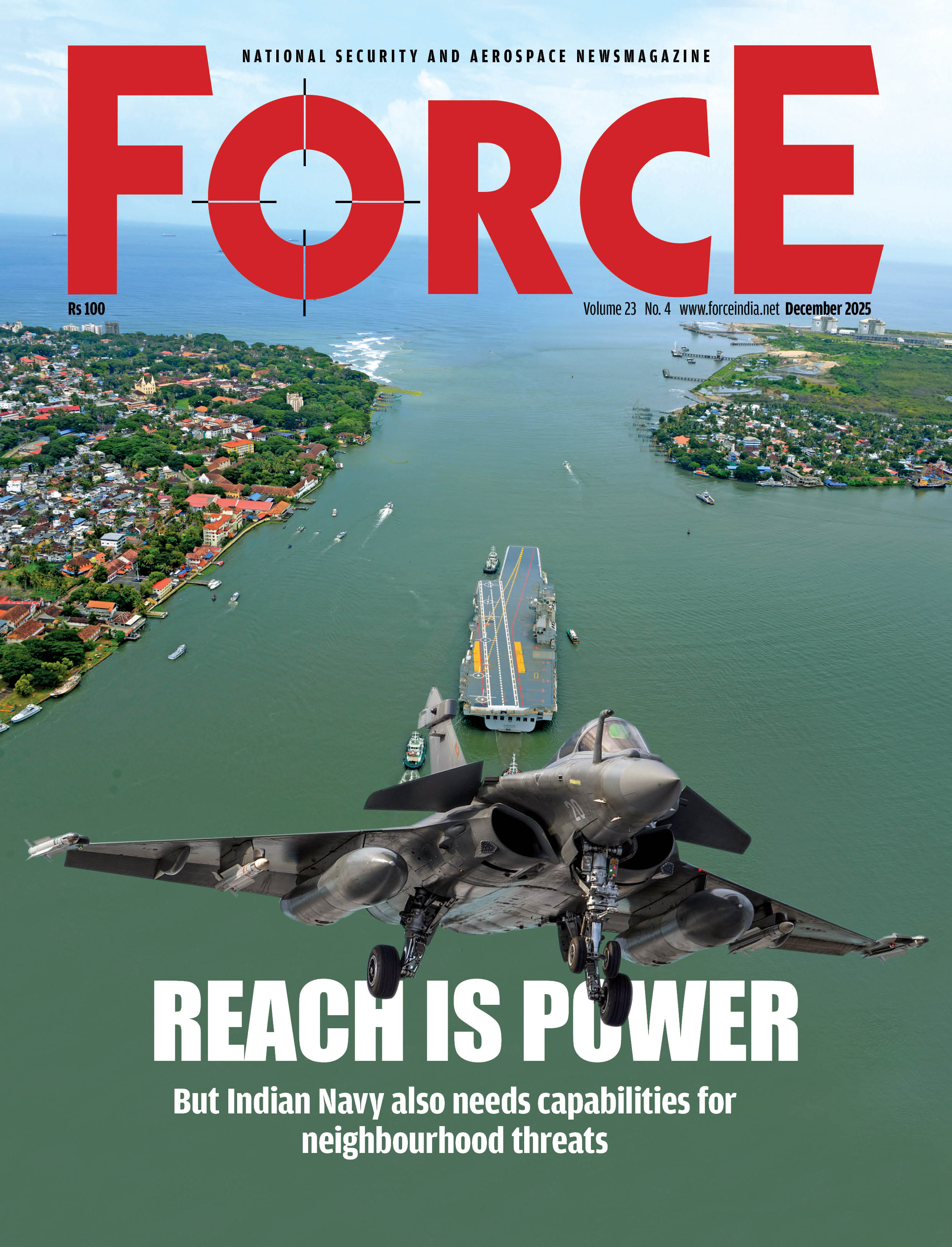First Person | Business of Talks
 Ghazala Wahab
Ghazala Wahab
For all his faults, there is one thing that honourable home minister Amit Shah should be given credit for: introducing the nation to the concept of chronology. It is such a delectable concept that everything, including geopolitics can be explained using it. Take for instance the recent hint of warming of relations between India and Pakistan which saw exchange of love letters between the two prime ministers. Strangely worded though, but love letters nevertheless.
What is brewing, one may ask. Well, between this and that, a lot to be honest. In the end, will the concoction be worthy of the anticipation, nobody can say right now. But what can be said for sure is that a lot of interesting ingredients are being put in the slow-burning cauldron. To get a sense of what eventually may turn out, one has to understand the chronology as the wise man once said.
So here goes.
On 25 February 2021, the Press Information Bureau (PIB) issued a terse press release. The director generals of military operations (DGsMO) of both India and Pakistan agreed to restore the ceasefire agreement between the two countries that was concluded in November 2003. ‘With effect from midnight of 24-25 February 2021’, both sides agreed to strictly observe ‘all agreements, understandings and cease firing along the Line of Control (LC) and all other sectors’.
The unexpectedness of this alone deserved the hype and the hope. But the two DGMOs were in an indulgent mood. Hence, the joint statement didn’t stop at this. Alluding to the military leaders reviewing the situation on the LC and all along the border in a ‘free, frank and cordial atmosphere’, the joint statement went ahead asserting that ‘the two DGsMO agreed to address each other’s core issues and concerns which have propensity to disturb peace and lead to violence.’
Now it is true that the core concerns of the DGMOs are not the same as the ‘core concerns’ of the nations. But another truth is that the DGMO of Pakistan is not a mere tactical commander. He is the representative of his army chief, who is one of the key determinants of Pakistan’s foreign policy. The Pakistan Army’s core concern, which was embraced by the nation in 1948 after its first war, has been Jammu and Kashmir.
In the same vein, the Indian Army’s core concern vis a vis Pakistan f
Subscribe To Force
Fuel Fearless Journalism with Your Yearly Subscription
SUBSCRIBE NOW
We don’t tell you how to do your job…
But we put the environment in which you do your job in perspective, so that when you step out you do so with the complete picture.







